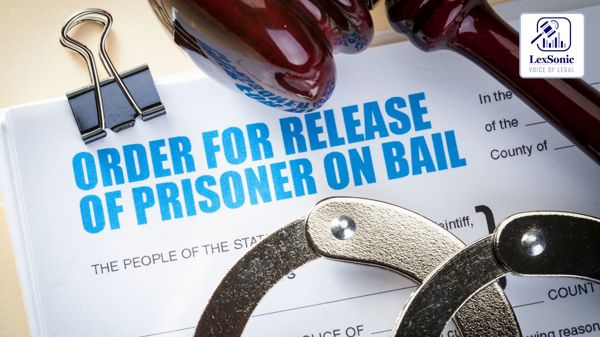Blackmailed by Bail? Court Grants Relief in Extortion Case.
22 March 2024
Anticipatory Bail >> Criminal Law | Extortion >> Criminal Law
Facts:
The instant case arose from a complaint filed by Smt. X (informant) alleging that Supratim Paul had captured obscene photographs of her without consent and subsequently threatened their dissemination on social media platforms to extort money. The informant further contended that the Appellant, being Supratim’s mother, abetted the act by harboring the aforementioned photographs on her phone and using them as leverage in the extortion attempt.
Procedural History:
Both Supratim and the Appellant filed anticipatory bail applications under Section 438 of the Code of Criminal Procedure, 1973 (Cr.P.C.), which were dismissed by the relevant courts. Subsequently, Supratim’s anticipatory bail plea was successful on a later application. The Appellant’s renewed application for anticipatory bail was granted, following which the informant challenged this order before the High Court, arguing suppression of material facts regarding previous failed bail attempts by the Appellant. The lower court then cancelled the Appellant’s anticipatory bail.

High Court’s Reasoning:
The High Court, in its recent judgment, allowed the Appellant’s appeal and reinstated her anticipatory bail, relying on the following principles:
- Parity of Bail: While acknowledging the established principle that grant of bail is not a right to be claimed in parity, the Court emphasized the concept of proportionality in considering the bail applications of co-accused. In this instance, the Court noted the lesser severity of charges against the Appellant (abetment under Section 120-B IPC and Section 67A of the Information Technology Act, 2000) compared to Supratim’s alleged primary role in the offence (including Sections 376, 354, 389, 506 IPC). Furthermore, the Court considered the fact that Supratim, the prime accused, had already been granted anticipatory bail.
- Balancing Investigation and Liberty: The Court recognized the need to strike a balance between ensuring a fair investigation and protecting the Appellant from unnecessary detention. It observed that custodial interrogation of the Appellant, in light of the granted anticipatory bail to the prime accused, might not be necessary for the investigation to proceed.
- Material Suppression and Cooperation: The Court acknowledged the argument regarding the Appellant’s alleged suppression of prior bail rejections. However, the order did not explicitly address this aspect, focusing instead on the principles. Nonetheless, the Court imposed a condition on the grant of anticipatory bail, mandating the Appellant’s full cooperation in the investigation and trial.
Conclusion:
This case sheds light on the factors considered by the High Court when adjudicating anticipatory bail applications, particularly in the context of co-accused and the concept of parity. The decision underscores the importance of proportionality in applying the parity principle and the need to balance investigative requirements with the liberty of the accused.
Code of Criminal Procedure, 1973
